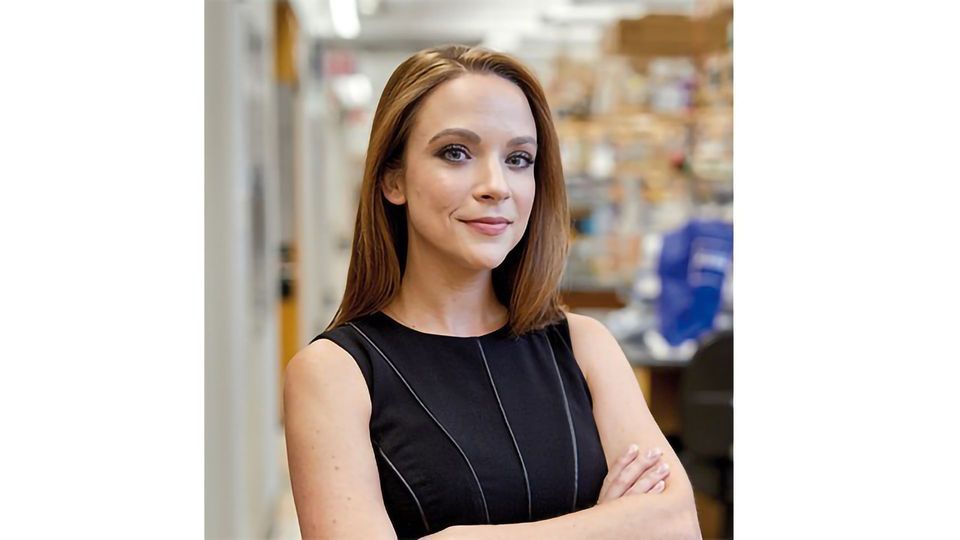Winner of 2019 Eppendorf and Science Prize Announced

Complete the form below to unlock access to ALL audio articles.
Lauren Orefice, Ph.D., Assistant Professor at Massachusetts General Hospital and Harvard Medical School, has won the 2019 Eppendorf & Science Prize for Neurobiology for her work on the causes and potential therapies for autism spectrum disorders (ASD).
Orefice found that peripheral somatosensory neurons – neurons outside the brain that control the sense of touch – are key areas where autism-associated gene mutations have a critical impact. She showed how abnormal function of peripheral somatosensory neurons causes touch over-reactivity and how this over-reactivity during development contributes to altered brain function and some autism-related behaviors in mice.
Orefice’s work attempts to change how we think about the causes of ASD, providing a surprising revision of widely held views that link ASD exclusively to brain function. She highlights peripheral somatosensory neurons as a possible novel therapeutic target for improving some ASD-related symptoms.
The annual US$25,000 Eppendorf & Science Prize for Neurobiology honors scientists, like Orefice, for their ground-breaking research. Lauren Orefice is the 18th recipient of this international prize which is awarded jointly by Eppendorf and the journal Science. Researchers who are 35 years of age or younger and have made outstanding contributions to neurobiological research based on methods of molecular and cell biology are invited to apply.
This article has been republished from the following materials. Note: material may have been edited for length and content. For further information, please contact the cited source.

